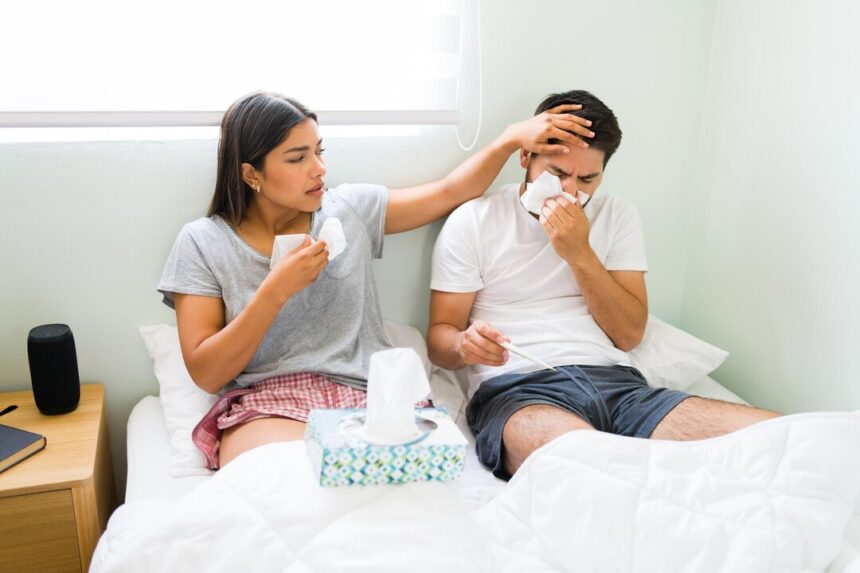Dengue fever is a viral illness transmitted by Aedes mosquitoes infected with the dengue virus. It is prevalent in tropical and subtropical regions, posing a significant public health concern due to its potential for outbreaks and severe complications. While there is no specific antiviral treatment for dengue fever, managing the symptoms and complications is crucial for a speedy recovery. Here are ten effective ways to manage dengue fever:
1. Stay Hydrated: Dengue fever often leads to dehydration due to fever, vomiting, and decreased fluid intake. Drinking plenty of fluids such as water, oral rehydration solutions, coconut water, and clear soups helps maintain hydration levels and replaces lost electrolytes.
2. Rest: Adequate rest is essential for allowing the body to fight the virus effectively. Avoid strenuous activities and get plenty of rest to help alleviate fatigue and promote recovery.
3. Manage Fever: Over-the-counter medications such as acetaminophen (Tylenol) can help reduce fever and alleviate associated discomfort. Avoid nonsteroidal anti-inflammatory drugs (NSAIDs) like ibuprofen and aspirin, as they can increase the risk of bleeding complications.
4. Use Mosquito Repellents: Prevent further mosquito bites by using insect repellents containing DEET, picaridin, or oil of lemon eucalyptus. Wear long-sleeved shirts and pants, and use mosquito nets while sleeping to minimize exposure to mosquitoes, especially during the day.
5. Monitor Platelet Count: Dengue fever can cause a decrease in platelet count, increasing the risk of bleeding. Regular monitoring of platelet levels through blood tests helps identify any significant drops and allows for timely medical intervention if needed.
6. Seek Medical Care: If you suspect you have dengue fever or experience severe symptoms such as persistent vomiting, severe abdominal pain, bleeding gums, difficulty breathing, or signs of dehydration, seek medical attention promptly. Early diagnosis and medical management can help prevent complications.
7. Supportive Care: In severe cases of dengue fever, hospitalization may be necessary for close monitoring and supportive care. Intravenous fluids, blood transfusions to replace lost blood components, and other supportive measures may be administered as needed.
8. Use Pain Relievers: Over-the-counter pain relievers such as acetaminophen can help alleviate pain and discomfort associated with dengue fever, including headaches, muscle aches, and joint pain. Avoid NSAIDs, as they can increase the risk of bleeding complications.
9. Maintain Clean Environment: Prevent mosquito breeding by eliminating standing water around your home where mosquitoes lay eggs. Regularly empty and clean containers such as flower pots, bird baths, and gutters. Keep garbage bins covered and maintain proper drainage to prevent stagnant water accumulation.
10. Supportive Nutrition: Eat a nutritious diet rich in fruits, vegetables, lean proteins, and whole grains to support the immune system and aid in recovery. Foods high in vitamins C and E, zinc, and antioxidants may help boost immunity and reduce inflammation.
Managing dengue fever requires a multifaceted approach focused on symptom relief, hydration, rest, and prevention of complications. While there is no specific antiviral treatment for dengue fever, supportive care, close monitoring, and timely medical intervention are crucial for a favorable outcome. By following these ten effective strategies, individuals can effectively manage dengue fever and facilitate a speedy recovery while minimizing the risk of complications. Additionally, practicing mosquito bite prevention measures remains essential in controlling the spread of dengue fever and reducing the burden of the disease on affected communities.










